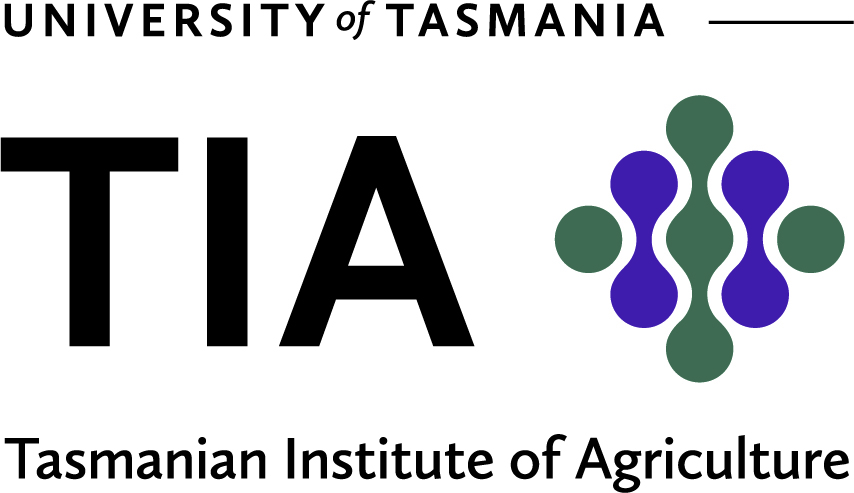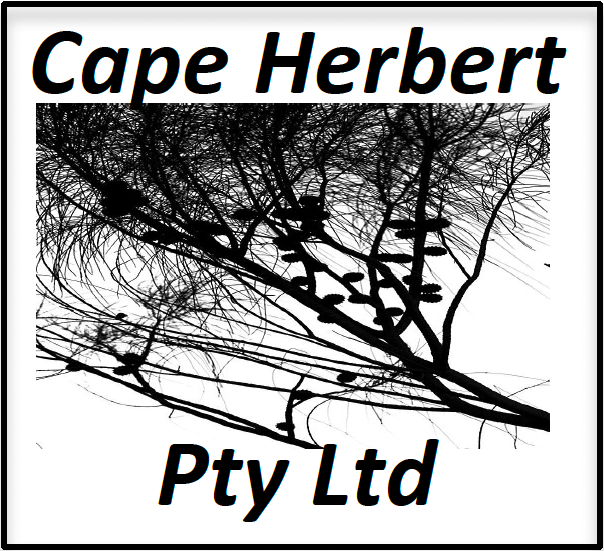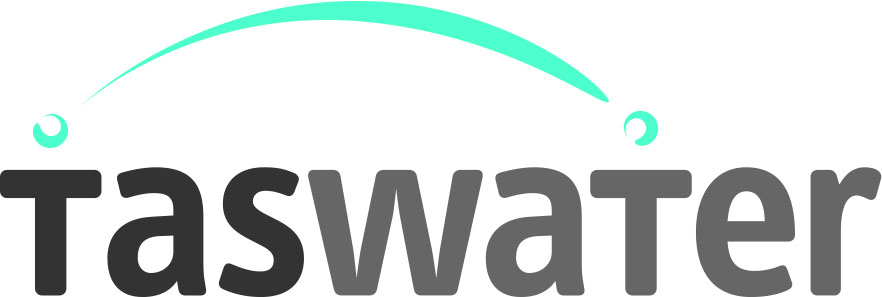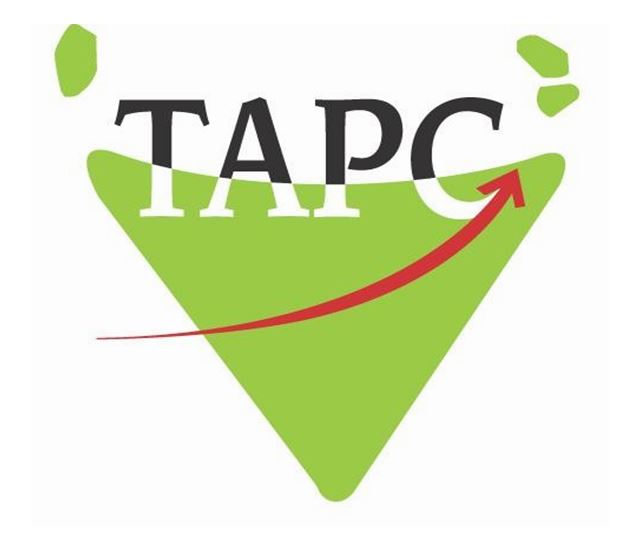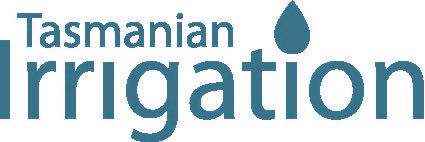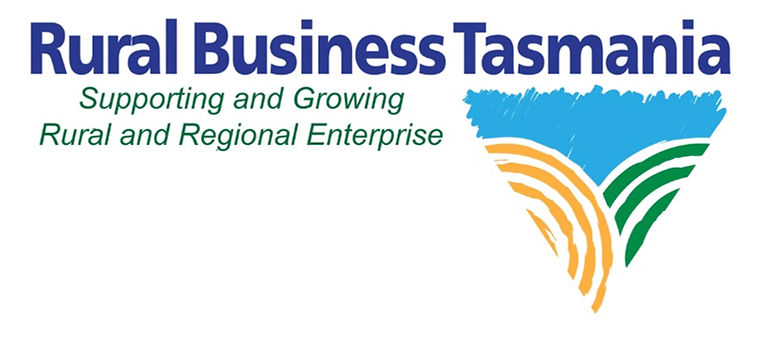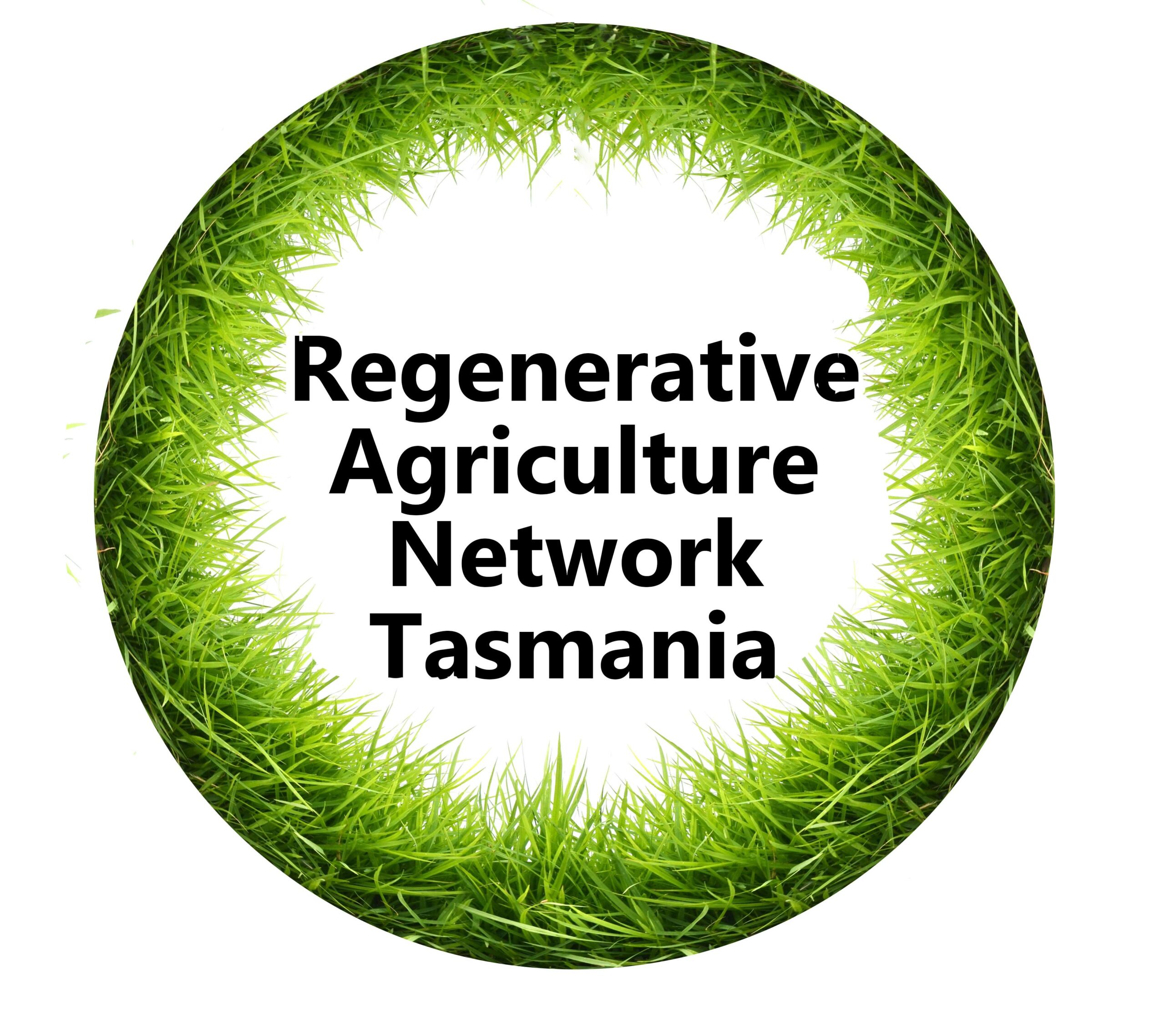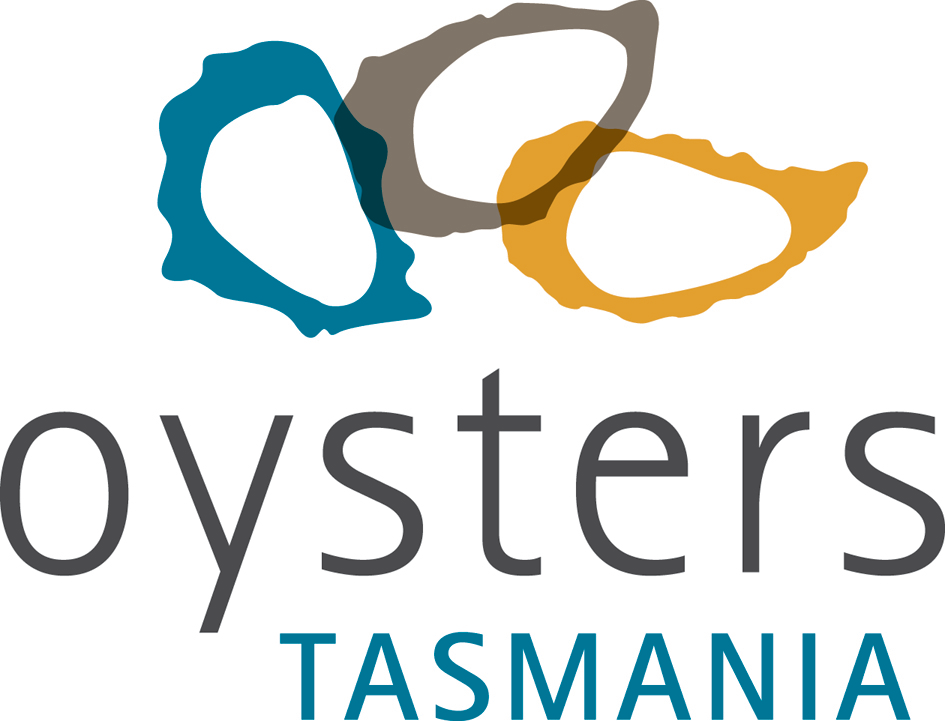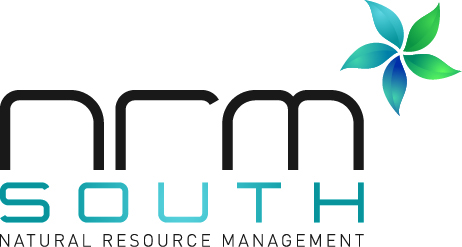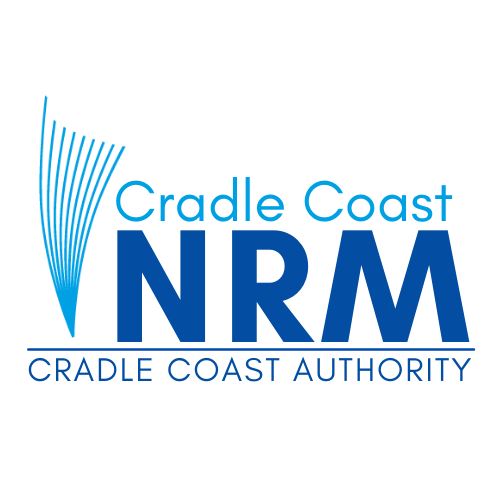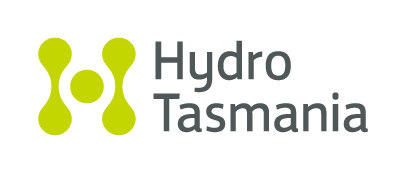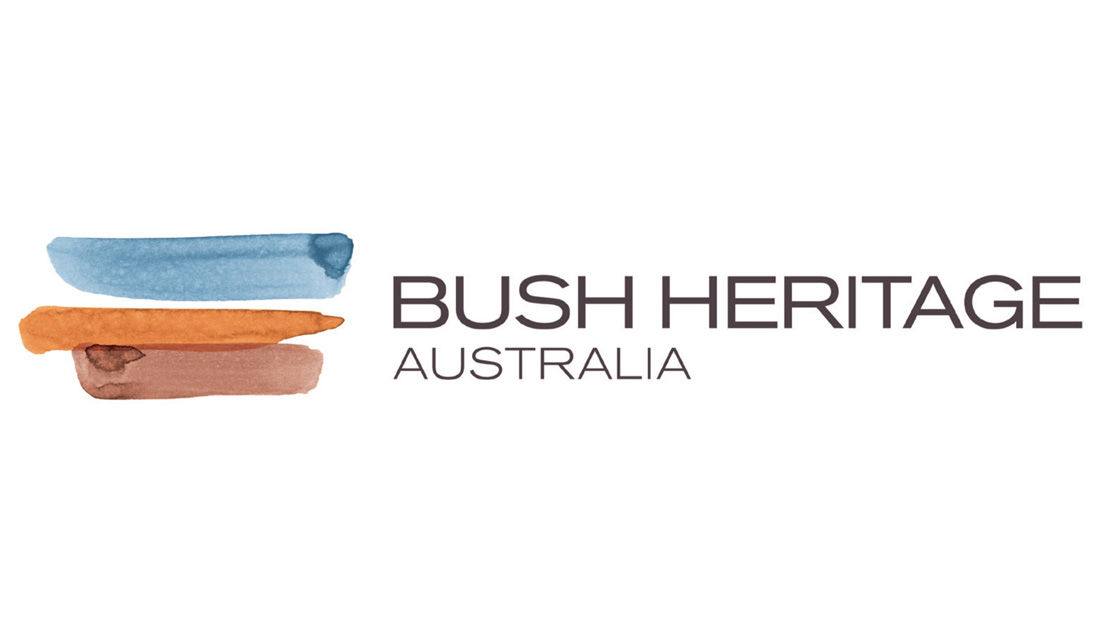Search for a resource
For more information and to access project resources click here: https://www.tasfarmhub.com.au/water-use-efficiency-project/
This project came to a close in June 2024. For more information on project outputs please visit : https://treealliance.com.au/
The Trees Grow Resilience – Interactive Knowledge Hub project aimed to create an online knowledge hub for Tasmanian farmers, demonstrating how integrating trees on farms can enhance resilience to environmental and economic shocks.
The project developed an interactive model farm showcasing the benefits of managed trees on farms. It included factsheets, case studies, articles, videos, and tools from leading experts.
All planned activities were completed, with some delays. The project involved extensive stakeholder engagement to identify barriers and information gaps.
The project highlighted the need for a user-friendly knowledge hub. It recommends extending the project and proposing additional projects to address identified gaps.
The knowledge hub will continue to evolve, including new resources and tools to meet user needs.
Overall, the project has promoted the integration of trees on farms, improving resilience and natural capital outcomes.
Experts will engage with East Coast primary producers to design a community-led learning program to build drought preparedness and community connection before a drought crisis hits.
A project that aims to use the farmer networks of two major primary industry processing companies to improve adoption of practices that build healthy, productive and resilient soils in the beef and intensive horticulture sectors. Work will focus on techniques that build soil carbon and improve water-holding capacity and nutrient cycling – reducing reliance on increasingly expensive inputs.
A simple assessment tool will be developed for farmers and landowners to identify their vulnerability to the impacts of drought, providing them with a risk rating and pathways to increase their preparedness for future droughts.
By combining long-term climate modelling with improved local weather monitoring and monitoring of subsoil moisture, this project aims to reduce drought risk by giving growers an early warning for reduced pasture growth. Monitoring hardware combined with purpose-designed interfaces and training will allow farmers to proactively manage their risk.
Whole-of-system planning and increased pasture recovery times can decrease rainfall risk and increase drought resilience. Workshops, webinars, and events will help participants design grazing management, test their design, and assess outcomes objectively.
This project brings together commercial primary producers and the Derwent Catchment Project to explore market opportunities for natural capital and carbon projects and how to integrate new investment streams to build on-farm resilience.
A facilitated property planning process will be led by Flinders Aboriginal Resource Management (FARM) to build business and community resilience, identifying short- and long-term land management plans that build climate resilience for farming activities. The project will integrate data on vegetation condition, climate variability, enterprise suitability and market information to help FARM strengthen their business, especially in dry years, with insights to be shared with similar Aboriginal-owned businesses.
This project will develop a regional prioritisation strategy for strategic plantings with the objective of improving animal welfare, biodiversity, drought, and extreme weather resilience on Midlands’ farms. This regional strategy will identify areas where native plantings are most likely to maximize economic and ecological benefits at both regional and farm scales. Ten whole-of-farm drought resilience and planting plans will be prepared for participating properties, including assessments of the potential benefits in terms of natural capital increase. The plans will be partially implemented with a hundred hectares of the highest priority plantings revegetated with native species across the ten farms. The project will be the basis for a range of complementary research projects, notable on water quality, pollinators diversity and natural capital accounting. Finally, the project will contribute content and resources to the knowledge hub being developed by Private Forests Tasmania where landowners can find tools, factsheets, and case-studies to increase drought resilience through strategic plantings on their farms. The project team will work with partners to promote these techniques at a series of workshops.
The industry 4.0 sensor platforms, originating from the now-concluded Sense-T project, provided valuable opportunities for participating farmers to evaluate the effectiveness of various monitoring and sensing technologies. This project aims to assist farmers in comprehending their future needs and gathering feedback on their experiences with these technologies. This will enable researchers to formulate recommendations based on a systematic analysis of farmers' input. Emphasis will be placed on participating farmers' understanding of their needs and available options to satisfy these through knowledge-sharing and fostering collaboration among farmers, researchers, and commercial service providers. By emphasizing farmer’s participation and collaborative development, this project will help inform researchers, and extension ag service providers to identify true need and best available technologies to promote to combat the challenges posed by climate change.
Aimed toward building on-farm and community resilience, the 2023-2024 Tasmanian Soil Extension Program applies collaborative approaches that support improved on-farm soil health management and climate resilience while maintaining adaptability to change. Through a continuous improvement process, learnings from the 2022-23 program are incorporated to ensure outputs are practical and relevant. The state-wide program features the capacity to adapt to regional needs and facilitates cross-regional collaboration between the NRMs and extensive engagement with relevant stakeholders. Changes in climate, landscape, industry trends, information technology, natural asset condition, end user capacity, and focus, as well as service provider capacity and focus are demanding adaptive extension, responsive to changes in stakeholder needs or evaluation outcomes.
This project aims to improve the resilience of sheep producers in drought susceptible areas of Tasmania by supporting producers with complex decision making, and having experts in the regions that are trained to give ongoing support.
The project will boost drought preparedness and resilience capabilities of horticultural farmers and rural communities engaged in wine grape, almond and citrus production value chains across South Australia, Southern NSW, Victoria, and Tasmania. The Tas hub will establish demonstration sites for wine grapes and lead qualitative data collection and synthesis.
This project will fast-track direct support to Victorian, South Australian and Tasmanian cropping and livestock farmers in the management of pastures and use of livestock containment and feeding systems for drought resilience.
This project aims to inspire the next generation of ag innovators with in-school workshops for upper primary students covering sustainable agriculture, land and water management, biosecurity and ag technology.
Sensors placed in diverse estuary locations will provide real-time data via Oysters Tasmania's ShellPOINT data portal, allowing growers and ShellMAP staff to easily access temperature, salinity and tide information. Project outputs will increase agility for on-farm decisions and build capability for strategic management and planning.
In collaboration with the Derwent Catchment Biosecurity Network, land holders and communities, this project will implement priority actions of the regional biosecurity plan and offer a model for place-based biosecurity networks, strengthening work undertaken by Biosecurity Tasmania.
This project will help farmers diversify and market their produce through agritourism by identifying spare capacity and resources on the farm and providing them with the necessary business tools and tourism networks.
This project will foster partnership between Biosecurity Tasmania and one or more seafood industry stakeholders in a Tasmanian seafood industry supply chain to implement robust traceability systems from harvest to plate to mitigate biosecurity risks, differentiate produce and support the attractiveness of the industry.
OpenNose, a low-cost open-source electronic nose, will be demonstrated on commercial properties to explore barriers to adoption and develop a business plan for the commercialisation of electronic nose technology in Tasmania and beyond.
This project enhances farmers' digital literacy skills to leverage digital innovation and technology in Tasmania's key agricultural sectors. It identifies barriers, enablers and success stories, and delivers engagement activities and resources to build digital literacy among producers and service providers. It will highlight sector-specific trends of adoption of digital ag tech along with challenges faced by farmers and the broader supply chain.
This project provides growers with accurate weather and soil moisture data for better decision-making. Better data access, combined with long-term climate modelling, will improve growers’ lead times and decision making, enhancing productivity and responses to impending drought conditions.
This project facilitates stakeholder dialogue to support sustainable food and fibre production and tap into the opportunities presented by emerging governance frameworks, market-based incentives, and regulatory mechanisms. It builds understanding and connection across organisations involved in environmental accounting and governance frameworks, aiming for a coordinated and complementary approach.
